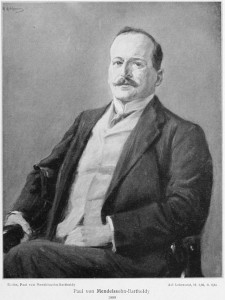European businesses view being sued in the United States as a major business risk, and they traditionally percieve the U.S. courts to be very liberal in assuming jurisdiction over foreign parties. Recent decisions of the U.S. Supreme Court appeared to be more restrictive. They were widely reported over here, in particular Daimler AG vs. Bauman earlier this year. In today’s guest post, Peter S. Selvin summarizes the recent cases and reports that the lower courts do not always follow the trend.
While the U.S. Supreme Court has recently cut back on the power of US courts to exercise personal jurisdiction over non-US parties in civil litigation, certain federal appellate courts nevertheless continue to issue surprising decisions that buck this trend. Read More
 This is a guest post by Ted Fokman at Letters Blogatory:
This is a guest post by Ted Fokman at Letters Blogatory:
